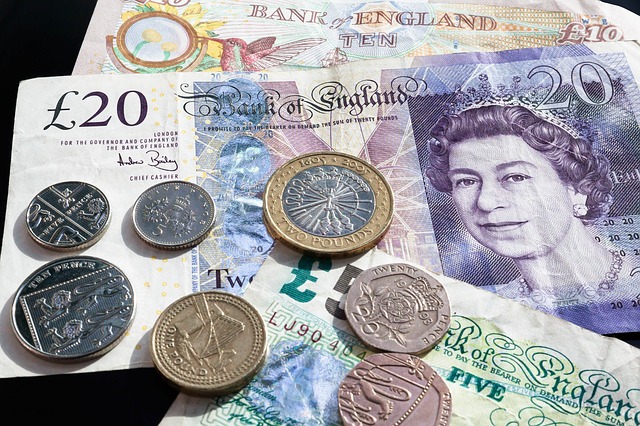As if UK tax is not complicated enough, British expats also have to deal with expats tax that is even more challenging to deal with.
There are many things you need to learn for understanding UK tax better and knowing the tax requirements needed from a British expat.
It is a common misconception that moving abroad and out of the UK exempts British expats from the UK tax. Unfortunately, this is not always the case. There are many factors that dictate whether or not you need to pay tax in the UK and/or in the country you relocated into.
If you want to apply for UK Tax Refunds, you should be ready to pay tax too.
This underlines the importance of seeking the expertise of UK tax specialists for UK tax advice.
Basic Facts About Expats Tax
Residence and domicile
You are liable to UK Income Tax if you are a UK resident for tax purposes. The same is true for UK Capital Gains Tax on worldwide income/gains. If you are a non-resident, however, special rules apply.
This is why it is important to know your resident status for UK tax purposes.
As a non-resident, only income arising from a UK source is chargeable to tax in the UK. These include the following:
- Profits of a trade carried on in the UK
- Profits of a property business in the UK
- Employment income relating to UK duties
- Partnership and pension income arising in the UK
- Dividend income, interest, and other savings income arising in the UK
Exceptions do apply if you’re a non-resident who resides in a country with treaty ties to the UK. The Double Tax Treaty restricts taxing rights of the UK for certain income, so it pays to know more about it.
Double Tax Treaty is also invoked if you are a resident of more than one country.
For countries that do not have treaty ties to the UK, unilateral relief is typically applied. This grants credit in the UK for foreign tax payments made. Countries with a low tax rate, however, will not find the unilateral relief much of a relief.
Disregarded Income
Non-residents may not be liable to UK tax with income that is considered disregarded income. This refers principally to dividends and interest that, when combined, will not exceed the combined sum of a non-resident’s liability to tax.
Tax Allowance for Expats
Resident or non-resident, expats would normally receive a tax allowance for income arising in the UK. For the tax year 2017/18, the allowance is worth £11,500. It is only when you earn this amount or over will you be subject to UK income tax.
The personal allowance, however, is reduced by £1 for every £2 earned in the UK over £100,000. There is a possibility that you may not receive a personal allowance.
Add to this concerns on tax refunds, and expats tax becomes more complex to understand. But seek impartial expat tax advice from UK tax specialists and every aspect of this matter will be tackled and discussed thoroughly.
With their help, understanding UK tax for expats will be easier.
You may wish to consider Self Assessments UK when the time comes where you can be guided by professionals. It is important to be aware of the International Student Tax Laws and facts that may have slipped otherwise. This way you can always remain certain and leave nothing down to chance.

